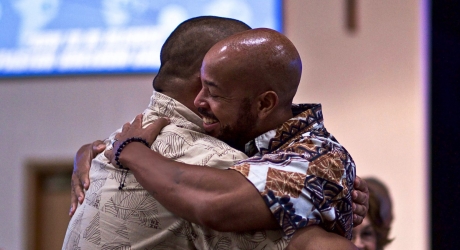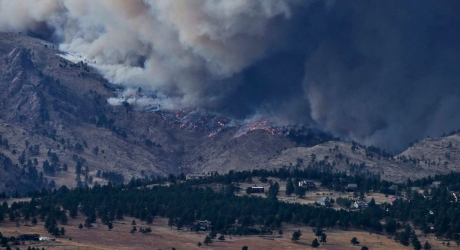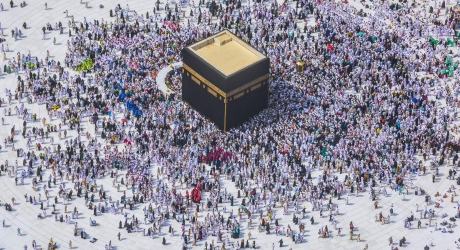The Sunday Guardian | September 14, 2025
There is no denying that cultural conflict exists. Yet, it is often a blessing in disguise. Throughout human history, cultures have clashed, and the only new aspect of this phenomenon in modern times is that rapid communication has greatly accelerated the process.
Secondly, cultural conflict in itself poses no danger; in fact, it represents a healthy process. Arnold Toynbee’s theory—that challenges act as a spur to move nations forward—applies equally to cultural conflict. Indeed, challenges are the only ladder by which human history ascends.
In ancient times, the confrontation between Roman and non-Roman cultures led to the emergence of Muslim nations, advancing history. Later, the conflict between Muslim and non-Muslim cultures paved the way for the European Renaissance, pushing history forward once again.
In the twentieth century, the encounter between European and non-European cultures gave rise to the emergence of the United States, which achieved unprecedented progress. But this is by no means the final phase of history. Today, the clash is between American and non-American cultures, and this may well give birth to a more advanced civilization—possibly Indian or Asian.
The true task for India and other developing countries is not to waste energy protesting against so-called cultural invasions. Instead, the priority must be to educate the people. Raising literacy levels means creating an aware, enlightened society. Once this happens, those lagging behind today may well become pioneers of a new cultural age—as history has shown time and again.
Source: Simple Wisdom











